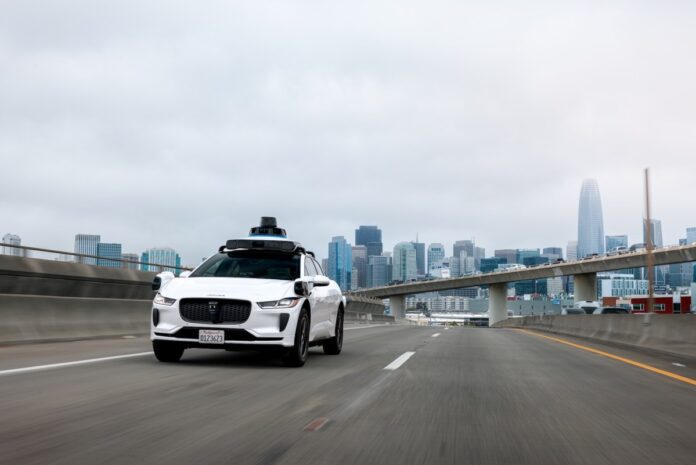Waymo, the Alphabet-owned robotaxi firm, has received regulatory approval to significantly expand its autonomous vehicle testing and deployment zones across California. The company can now operate fully driverless vehicles across a much wider geographic area, including major metropolitan regions and even extending into popular areas such as Napa Valley and Sacramento.
Wider Operational Zones Approved
California’s Department of Motor Vehicles maps reveal Waymo’s newly authorized territories. In the Bay Area, operations now cover most of the East Bay and North Bay, effectively expanding beyond its initial Silicon Valley and San Francisco base. Southern California coverage stretches from Santa Clarita, north of Los Angeles, all the way to San Diego—a nearly 300-mile corridor.
The expansion is significant because it means Waymo is one step closer to commercial operations in these areas. Currently, additional permits are needed before the company can begin transporting paying passengers in some newly approved regions. The company has explicitly stated a timeline of “mid-2026” for launching services in San Diego.
Rapid Growth & Broader Ambitions
Waymo’s accelerated expansion is not limited to California. The company has recently announced plans to enter Minneapolis, New Orleans, and Tampa. It’s also removing safety drivers in Miami ahead of its commercial launch there, and is beginning freeway testing in Los Angeles, San Francisco, and Phoenix.
“The goal is to make fully autonomous transportation accessible to millions. Regulatory clearances like this one in California are key to scaling that vision.”
What This Means
Waymo’s growth highlights the accelerating trend toward autonomous vehicle deployment. The company’s rapid expansion suggests it’s building the infrastructure and securing regulatory approvals necessary for large-scale commercial operations. This also raises questions about how cities will adapt to driverless vehicles, including traffic management, infrastructure upgrades, and public acceptance.
This expansion isn’t just about technology; it’s about the future of urban transportation and the role autonomous vehicles will play in reshaping our cities.


























